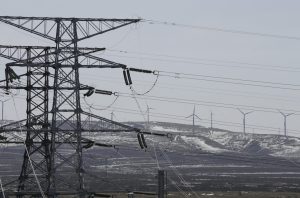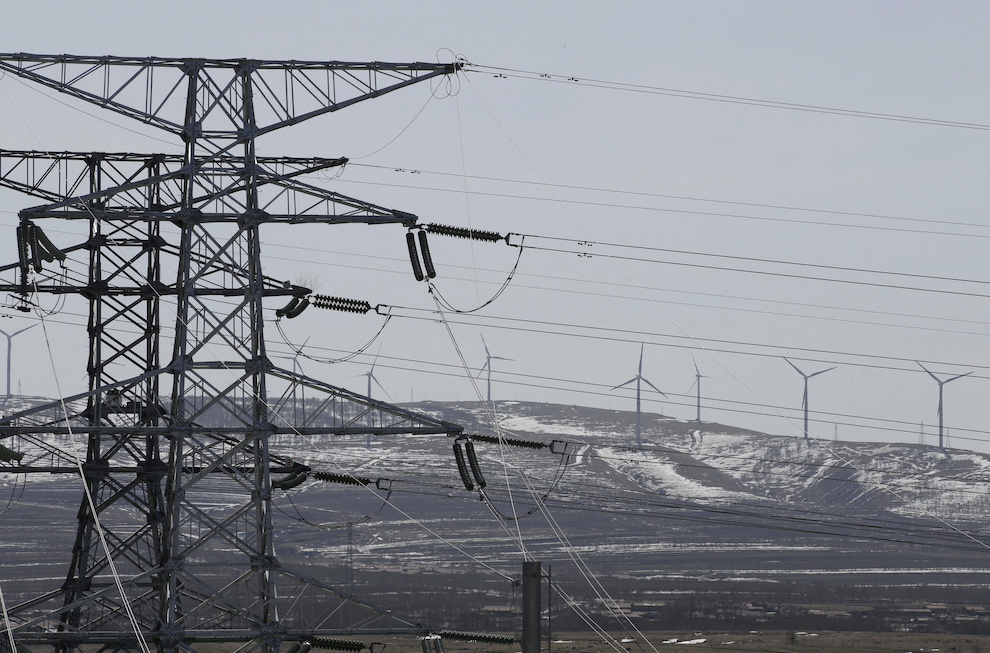The Donald Trump Administration has revoked Biden-era waivers granted to Taiwan’s TSMC, which allowed the chipmaker to ship critical chipmaking tools to its main China facility.
The change removes a fast-track export privilege known as Validated End User (VEU) status that allowed key chipmakers like TSMC and also South Korea’s Samsung and SK Hynix to receive specified US-origin tools and tech without applying for individual licenses.
Losing this status means each shipment would now need a license, slowing deliveries and making capacity expansions or technology upgrades more difficult.
Also on AF: Chinese Miner Accused of Cover-up of Big Toxic Spill in Africa
Taiwan Semiconductor Manufacturing Co (TSMC) said in a statement on Tuesday that it had received a notification from the US government that its VEU authorisation for its Nanjing fab will be revoked effective December 31.
“While we are evaluating the situation and taking appropriate measures, including communicating with the US government, we remain fully committed to ensuring the uninterrupted operation of TSMC Nanjing,” the company said in a statement.
TSMC’s announcement follows similar moves by the US Commerce Department last week, targeting SK Hynix and Samsung. Their revocations will also be effective from December 31. US chipmaker Intel will also lose its authorisation for China, although the chipmaker sold its unit in Dalian in a deal that was finalised this year.
The developments are part of a concerted US effort since 2022 to steadily tighten export controls to curb China’s access to advanced semiconductors and chipmaking tools. Those curbs restrict sales of US-technology enabled chips and chipmaking technologies to Chinese firms and local units of foreign firms operating in the country.
But TSMC, SK Hynix and Samsung gained the VEU designation in 2022, and again in 2023, when the Joe Biden administration signalled that these latest waivers were to extend for an “indefinite” period.
The waivers followed extensive lobbying from the three chipmakers at the time as they rely heavily on their Chinese facilities to produce memory chips that power smartphones, computers, and data centres.
Samsung vice chairman Jun Young-hyun said in March that its plants in China are important not only for the company but also for the global supply of memory chips.
Last week, after US revoked waivers for its chipmakers, South Korea’s government said it had explained to the US Commerce Department “the importance of a stable operation of our semiconductor companies in China for the stability of the global semiconductor supply chain.”
The Commerce Department, meanwhile, said in a statement that it plans to grant license applications to allow the companies to operate their existing facilities in China. But it does not intend to grant licenses to expand capacity or upgrade technology, it said.
A spokesperson for China’s commerce ministry said Beijing “opposes the US move” and “will take necessary measures to resolutely safeguard the legitimate rights and interests of enterprises.”
‘Gift for China’
By withdrawing the authorisations, the US is making it harder for foreign chipmakers to operate in China, where they produce semiconductors used in a wide range of industries. And analysts note that for China, that would likely become an opportunity rather than a hindrance.
“This move will make it harder for Korean chipmakers with facilities in China to continue producing more advanced chips,” said Chris Miller, author of “Chip War.”
The move may help domestic Chinese equipment makers, whose tools can fill gaps. It also may help Micron, a major US competitor to South Korea’s Samsung and SK Hynix in the memory chip sector.
“If this isn’t accompanied by further steps against (Chinese chipmakers like) YMTC and CXMT, it risks opening market space for Chinese firms at the expense of the Korean firms,” Miller said.
Analysts also told Reuters that new US restrictions could prompt affected chipmakers to expand partnerships with Chinese equipment makers to better stabilise their operations in China if US machinery is not secured in time.
Meanwhile, industry sources have also previously said that if it became more difficult for US semiconductor equipment companies to ship to foreign multinationals, it would only help domestic Chinese competitors.
“It’s a gift,” one told Reuters in June this year.
- Reuters, with additional editing and inputs from Vishakha Saxena
Also read:
US ‘Put Trackers in AI Chip Shipments to Catch Diversions to China’
‘Can Destroy China’: Trump Says Beijing Has to Give US Magnets
Nvidia CEO Meets TSMC, in Talks With US on New China Chip
Cadence and Nvidia Dealings in China Drawing Close Scrutiny
China Pressing Tech Giants To Stop Buying Nvidia’s H20 AI Chips
Nvidia, AMD ‘Agreed to Pay 15% of China Chip Revenue to US’
US Unveils 100% Tariff on Imported Chips But Key Firms Exempt
Nvidia CEO Says US Export Curbs on AI Chips is ‘Flawed’ Policy
China’s Huawei ‘Hoping Its New AI Chip Can Outpower Nvidia’
China’s Huawei, SMIC ‘to Ramp Up Production’ of Newest AI Chip
Huawei, SMIC Set to Defy US Sanctions With 5nm Chips: FT
Satellite Images Show Huawei’s Expanding Chip Facilities – FT
Nvidia’s Bid To Stop Huawei
China Science Vs US Export Controls























